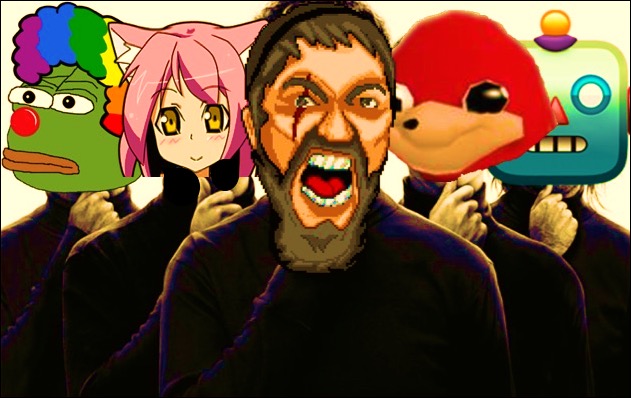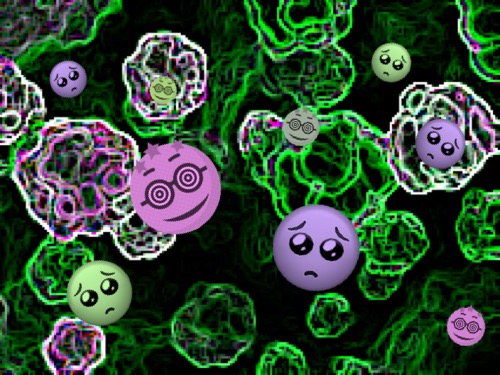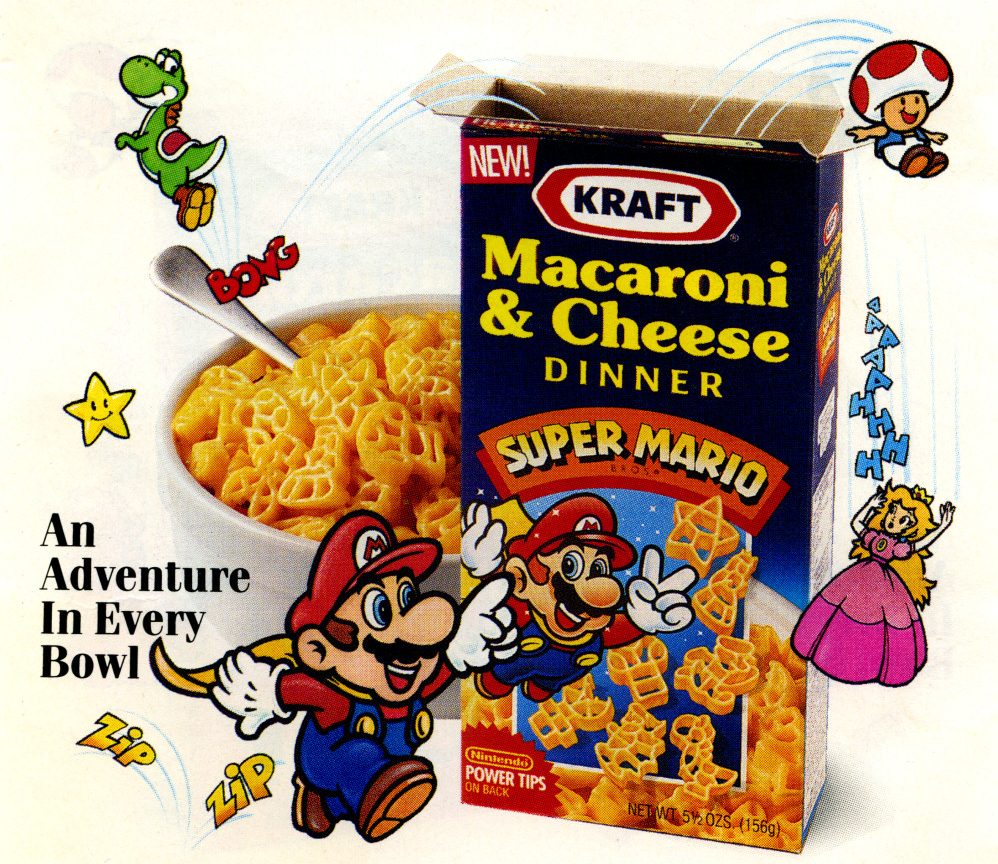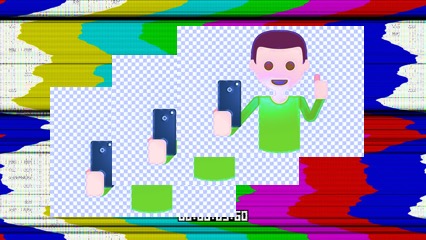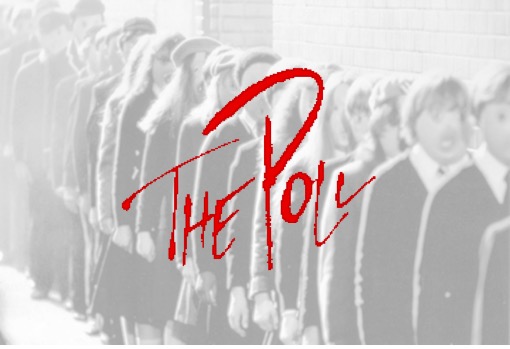Losing My Past to Coronavirus

The choice of what to let go is no longer yours.
Yea, from the table of my memory
I’ll wipe away all trivial fond records,
All saws of books, all forms, all pressures past
That youth and observation copied there,
And thy commandment all alone shall live
Within the book and volume of my brain,
Unmixed with baser matter.
Hamlet Act I Scene V
Over the past few days—weeks?—I’ve been deluged with dreams.
Not the kind where you imagine yourself in another place and a better time. The kind where your sleeping mind ransacks the memories locked behind the doors of consciousness, mixing and remixing fragments and phases you hadn’t thought about in years so that you still can’t be sure, upon waking, that all of them really happened.
And over the past few days, as the substance of things like “days” and “moments” begins to blur, the incoherent data dump of my inner life has breached the barrier of sleeping dreams and flowed in to overlay the fitful patterns of coronalife.
It isn’t quite like my life is flashing before my eyes. Nothing so linear, so cinematic and narrative, as that. Nothing has impressed the transformative effect of our digital surround upon me as much as the way my mind keeps coughing up disaggregated memories, vignettes, smells, feelings, situations, regrets, joys, scenes, references, products, trivia housed away in what sometimes feels like the great Alexandrian library of my life—and at other times feels like nothing so much as a vast trash heap receding into a distant dissolute horizon.
These are the two modes in which we encounter the psychological and technological environment shaped around and within us by digital technology: the ultimate library and the ultimate dump. Polar opposites, in one sense, and in another, two symbols or prefigurations of death. Larchivesburn just as well as trash. In the apogee of order, we foretaste what’s left of the now-submerged Alexandrian library—a drowned world; in the apogee of chaos, what remains of a dumpster fire—a charred one. (I’ve always feared drowning more than burning to death. Yet another reason to fear the lung-killer sweeping through the living world.)
But in the meanwhile what is dying is my past. Library or dump, my remembered life is filled with now useless information—records of experiences, things, people, events, objects, and meanings now with no applicability to our point of contact with this virus, our prospective survival, our successful fight against it, or the world we face in the aftermath. There are so many things I have seen and done that have now, at one coup de grace, had all the life struck out of them. There is no point bringing them up; nothing to make of them; nowhere to ride them to, even alone.
I can’t be the only one feeling this way, so even the self-pity I might have felt under different circumstances (waaaah, my forever-unfinished novel) is floating out toward the ice cap on the burning Viking barge of my overstuffed and flame-fueling past. And so for all the alarm or helplessness it seems to impose, the universality or generality of the death blow—the strike of grace—slams home for me the supernatural good news that no one, not even myself, ever knows, ever has known, me better than God Himself.
There never was any way it could have been any other way. This is the feeling, incomplete and provisional as it still may be, of dying to the world.
What way of remembering, of remembrance, emerges, dazed, almost frightened, from this immense extinction? What new (or renewed) understanding of our standing? What deep and towering new growth is cleared for by the sinking of the library and the burning of the dump?
Zeus sets men on the path to understanding.
He ordains this law:
That learning comes with pain.
Grief, the reminder of agony,
Drips upon the heart in sleep. Wisdom comes—
Even to those who don’t want it.
This is the harsh grace of the gods,
Sitting in rows upon their awful thrones.
Aeschylus, Agamemnon 176-83
The pain of forgetting, of having no use but to forget, is a hard instruction of its own. A hardness that is, paradoxically, a mercy—an unasked-for and profoundly unearned act of grace.
One of the drums I’ve been beating about digital the past few years is that (another paradox) in its very force and authority it pushes us up against a stark realization of the sharpness of its limits, beyond which we can proceed only by recovering a radical and even jealous appreciation of our given biological gifts. While televisual technology leads us on ever deeper into the dream, the illusion, the dazzling spectra of the trivial, digital throws us back at the feet of nature.
How do we know this? Through our natural perception. For what we see in nature are the same shocking and humbling features of life and death as the library-dump imitates.
When I suggest that coronavirus is throwing us back upon the resources of our strangely reopened interior frontier, I think of Tocqueville’s uncanny experience of that inner edgeworld at what for us Americans was its beginning—which I put at the end of my own book’s chapter on death. “The soil is punctured in a thousand places by primitive rocks sticking out here and there like the bones of a skeleton,” he observed, “like a fertile field covered by the ruins of some vast structure.”
“Here, as in the forest tamed by man, death was striking constantly, but it was no man’s duty to remove the resulting debris, which piled up faster than time could reduce it to powder and make room for new growth. New growth, however, was constantly forcing its way through this debris, with creepers and plants of every sort struggling toward the light, climbing along fallen trunks and into the rotting wood, lifting the cracking bark, and opening the way for their young shoots. Thus death in some way helped life forward, as face to face they seemed to wish to mingle and confuse their functions.”
God has given us nature to ensure we need not bear the terrible burdens of being either the masters or the slaves of life or of death. In offering up the nothing that the everything of our lives has become, we offer everything. Only then may we begin again.
The American Mind presents a range of perspectives. Views are writers’ own and do not necessarily represent those of The Claremont Institute.
The American Mind is a publication of the Claremont Institute, a non-profit 501(c)(3) organization, dedicated to restoring the principles of the American Founding to their rightful, preeminent authority in our national life. Interested in supporting our work? Gifts to the Claremont Institute are tax-deductible.
Does politics have an answer to digital disenchantment?
The case of CNN.
Voters are growing sick of being sold as news.


